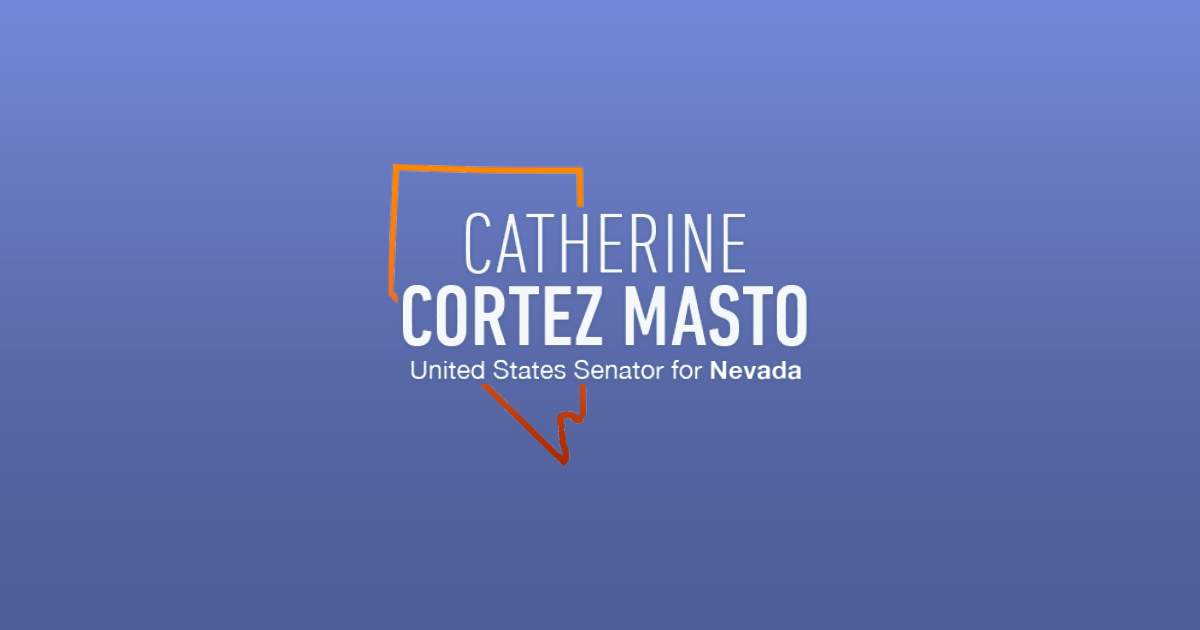Source: United States Senator for Nevada Cortez Masto
Washington, D.C. – U.S. Senator Catherine Cortez Masto (D-Nev.) passed legislation to protect Lake Tahoe and Nevada’s Ruby Mountains through the Senate Committee on Energy and Natural Resources today. Her bipartisan, bicameral legislation to extend the authorization of the Lake Tahoe Restoration Act will help deliver more federal funding to Lake Tahoe to support environmental protection and habitat restoration programs. Her Ruby Mountains Protection Act prohibits oil and gas development in the pristine Ruby Mountains. Both bills will now advance to the full Senate for consideration.
“Thousands of Nevada families enjoy our beautiful outdoor spaces each year, and my bills will help ensure the Ruby Mountains and Lake Tahoe are protected for generations to come,” said Senator Cortez Masto. “I’ll continue to work with my colleagues to support our public lands and outdoor recreation economy.”
“This bill provides needed continuity to the programs that are central to preserving and restoring the Lake TahoeBasin and ensuring equitable access and enjoyment for this and future generations,” said Julie Regan, Executive Director of the Tahoe Regional Planning Agency. “On behalf of Lake Tahoe’s conservation partners, we appreciate the leadership of Sen. Cortez Masto and Tahoe’s congressional delegation in moving this legislation forward.”
“Sportsmen groups from across Nevada have rallied to support Senator Cortez Masto as she works to protect the Ruby Mountains from speculative oil and gas operations that can harm wildlife habitat,” said Pam Harrington, Nevada field manager for Trout Unlimited.
Senator Cortez Masto has been a champion for Nevada’s great outdoor spaces and public lands. She passed critical legislation to permanently fund the Land and Water Conservation Fund (LWCF), which protects public lands in Nevada and across the U.S. She secured nearly $17 million in funding for the Lake Tahoe Restoration Act in the bipartisan Infrastructure Investment and Jobs Act, in addition to critical resources to address microplastic pollution in the Lake and to improve transportation options to and from Reno.
###
